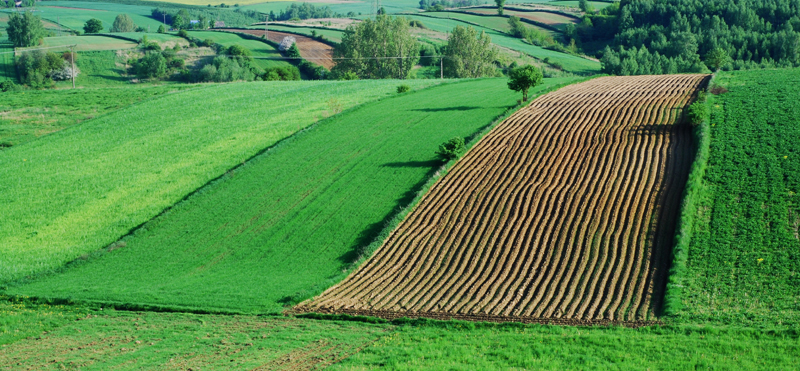Sustainable soil management is key to increasing agricultural productivity
San Jose, 10 June 2016 (IICA). In 2050, food will be needed for more than nine billion people, and the Latin American and Caribbean (LAC) countries are expected to meet a large proportion of this demand.
To meet the challenge successfully, countries will have to improve agricultural productivity and make more efficient and sustainable use of natural resources, especially soil and water.

The Inter-American Institute for Cooperation on Agriculture (IICA) and the Tropical Agriculture Research and Higher Education Center (CATIE)organized a virtual forum on the subject of organic matter management for sustainable production, a key element in the prevention of soil degradationthat also enhances agricultural productivity.
“Raising agricultural productivity is vital to achieving higher production. Sound soil management is vital for agricultural development, it is important to understand and conserve soil properly to take advantage of this natural capital that is essential for agricultural production,” noted Katia Marzall, leader ofIICA’s flagship project Resilience and Integrated Risk Management in Agriculture.
The participants in the event included the Director of the Agriculture and Food Security Center at Columbia University’s Earth Institute, Pedro Sánchez,who gave a presentation dealing with basic concepts and soil organic matter and its role in climate change adaptation and mitigation processes.
“Organic matter is what gives life to the soil and it is essential to differentiate between soil organic matter and organic inputs. The latter, such as fallen leaves, decayed roots, and dung are inputs that are added to the soil,” explained the speaker, one of the world’s leading experts in integrated soil management and agroforestry systems.
Sánchez acknowledged that agriculture has a key role to play in tackling climate change. The agriculture sector as a whole accounts for 14% of globalgreenhouse gas emissions.
“It is essential that agriculture adhere to two principles. First, everything extracted from the soil, such as carbon and nutrients, must be returned to it. And second, the soil should not be left without vegetation cover, which has a positive effect on carbon sequestration. Better agronomic management makes better adaptation to climate change possible, for example, the utilization of varieties more tolerant to drought, more efficient water use, and efforts to ensure that soil has more cover,” the specialist observed.
The event marked the first in a series of virtual forums entitled “Soil nutrition and agricultural productivity” that the Institute and CATIE intend to hold on a regular basis to share information and experiences regarding the benefits of production systems that promote sound nutritional management of soil organic matter and their economic impact.
The initiative also aims to promote research and cooperation agendas on the subject and create an opportunity for dialogue on global initiatives for the restoration of degraded soils in Latin America.
Twenty-five countries took part in the first forum in the series, with a total of 673 sites connected.
More information: karen.montiel@iica.int